Vinegar is easy to source, non-toxic, eco-friendly cleaning solution that works on so many items around the house. You might even have this cleaner on hand at home already, even if you simply use it for cooking, you can make some pretty cool cleaners with it next.
People have been cleaning with vinegar for years, and they’ve been right too. There are so many ways you can use it in your home and it’s a safe alternative to chemical cleaners.
Not only is it environmentally friendly, but it’s also friendly to the wallet. With so many diverse applications for vinegar around the house, this tried-and-true ingredient deserves a particular spot in your pantry.
The applications of apple cider vinegar and white vinegar go well beyond cleaning, but for the purpose of this article, I’ll cover just the amazing cleaning portions of this miracle cleaner.
Without further ado, here are some of the best ways you can use vinegar around your home.
Vinegar is a non-toxic, acidic cleaner that dissolves dirt, grime, and grease while also killing certain germs. You can use vinegar in a variety of ways around the house. This involves cleaning particular surfaces, windows, electrical equipment, sinks and drains, towels and clothing, and more.
This post may contain affiliate links. Full disclosure here.
Does Vinegar Disinfect?
Vinegar is an excellent alternative for cleaning or sterilizing surfaces in your house that have been contaminated by typical dirt and grime.
Vinegar kills germs and bacteria that are typically found in the house, such as E. coli. Even if you don’t come into close touch with the cleaning chemicals, employing the most powerful ones can be deadly.
Between January and March 2020, approximately 50 thousand calls to poison control centers were received from persons having trouble breathing or dizziness as a result of exposure to cleaning chemical fumes, according to the CDC.
What You Can Clean With Vinegar
- Clean the Air
- Fight Mold
- Microwave
- Window Cleaner
- Fridge
- Disinfect Cutting Board
- Blinds
- Mugs
- Blood Stains
- Cleaner Dishes – Specifically Glass
- Coffee Maker
- Lunch Box
- Shower Doors
- Crayon Marks
- Freshen Musty Closet
- Grease
- Toilet Bowl
- Faucets and Shower Heads
- Kettle
- Drains
- Tub
- Rinsing Clothes
- Bathroom Fixtures
- Smoke Odors
- Kitchen Sink
- Shower Curtains
- Armpit Stains
- Remove Rust
- Care For Wool
- Clean Stains On suede
- Computer Mouse
- Clean Patio Furniture
- Polish Brass and Copper
- Clean Scissors
- Piano Keys
- Remove Wax
- Leather Furniture
- Water Rings
- Clean Rugs
- Tile Floors
- Brighten Brick
- Sanitize Jars
- Clean Thermos
- Unmark Pet Pee
Use Cleaning Vinegar for Really Dirty Jobs
Cleaning vinegar can be used to remove oil, filth, dirt, and other debris from a variety of surfaces. One part vinegar to one part dish soap is an easy method to make this solution. Then, depending on how effective you want it to be, add water to dilute it. Cleaning vinegar can also be used alone on a sponge, paper towel, or rag, but be sure to wear gloves because it can be quite irritating to the skin.
When Shouldn’t You Use Cleaning Vinegar?
While cleaning vinegar is excellent in the kitchen and practically every other area in the house, it is not suitable for all cleaning tasks. Vinegar should never be used to clean marble, granite, or soapstone. Because the acid may cause natural stone to pit and lose its luster, this is a good idea.
Cleaning blades with vinegar is not a good idea. Cleaning vinegar should not be used on any spills or messes including eggs since the acid will react with the eggs, altering their consistency and making them more difficult to remove.
While washing vinegar has a variety of functions in the laundry room, it should never be used in iron since it might permanently harm the inside.
Finally, cleaning vinegar should never be used on solid wood furniture, contrary to common opinion, because it might destroy the finish.
Marble Countertops & Granite Countertops
You want to wash your granite countertops with simple hot water and soap as well and avoid any
acidic cleaners such as vinegar, Windex, and bleach to avoid damage.
Do not use vinegar on marble countertops because even one use of acidic substances on marble
can cause the surface to become dull.
Washing Machines
Vinegar can actually damage the rubber seals in the hoses in some washing machines which can cause leaks.
Kitchen Knives
Use hot water and dish soap to remove dirt
from your kitchen knives and wipe them well before putting them away into your knife block.
Leaving them to dry on a tabletop drying tray is fine as well.
Screens
Computer, TV, cell phones, and other device screens have a
protective coating on them that vinegar can eat away at, leaving your device damaged.
For electronics, remote controls, keyboards, phones, etc. try some DIY Cleaning Slime. You can make it at home and it really gets dirt and dust out of the nooks and crannies.
Iron
Descaling your clothing iron with vinegar is recommended by some manufacturers, however, if your
the manufacturer does not recommend it in the manual, avoid avoid avoid.
Hardwood Floors
Some manufacturers will void the warranty if there is any sign on the flooring that vinegar was
used for cleaning. Vinegar can strip off the protective coating on the floors, so it can be easy to tell
if you washed the flooring with vinegar, even if you diluted it with water.
Egg Mess
If you made a mess with raw eggs, use a washcloth with hot water and dish soap to clean it up
instead of vinegar. The vinegar will actually create a more sticky, harder clean-up mess and will
leave you frustrated.
Grease
Vinger doesn’t work on grease. Period. If you have a greasy surface, try baking soda, or even salt to
get rid of it. Good old dishwasher soap and hot water work well with grease also.
Pearls
Vinegar will actually dissolve pearls, so you’ll want to avoid cleaning your pearls with vinegar
altogether.
Vinegar Is The Universal Cleaner
You just can’t go wrong with vinegar. Pick up a large bottle of vinegar from the supermarket and prepare to clean every area of your house from top to bottom, freshen up your landscape, and repair destroyed clothing with these domestic applications for vinegar you never knew about.
This is the poorhouse of the cleaning cupboard. It has germ-killing properties, cuts grease, and gets rid of stains. It is biodegradable and a mild organic acid and is easy to dispense and control. It is safe for stainless steel and is used in the food industry. It is relatively non-toxic and stable which makes it safe to handle. It is a sanitizer for many different bacteria, mold, and yeasts. And it destroys organisms to acceptable levels.
Vinegar is comprised of 5% acetic acid and 95% water, however, these percentages can vary in different vinegar styles. Due to its pH of 2.0 and acetic acid content, vinegar is an inhospitable environment for many microorganisms.
More Like This

Grainne Foley
Grainne Foley is a wife and mother of 2 great kids. During her 5 years of full time RV travel, Grainne learned to become very efficient at household chores, in order to make time for family adventures. Now, back in a house, she has continued to create tools and techniques to help others lighten the load of household organization and cleaning.
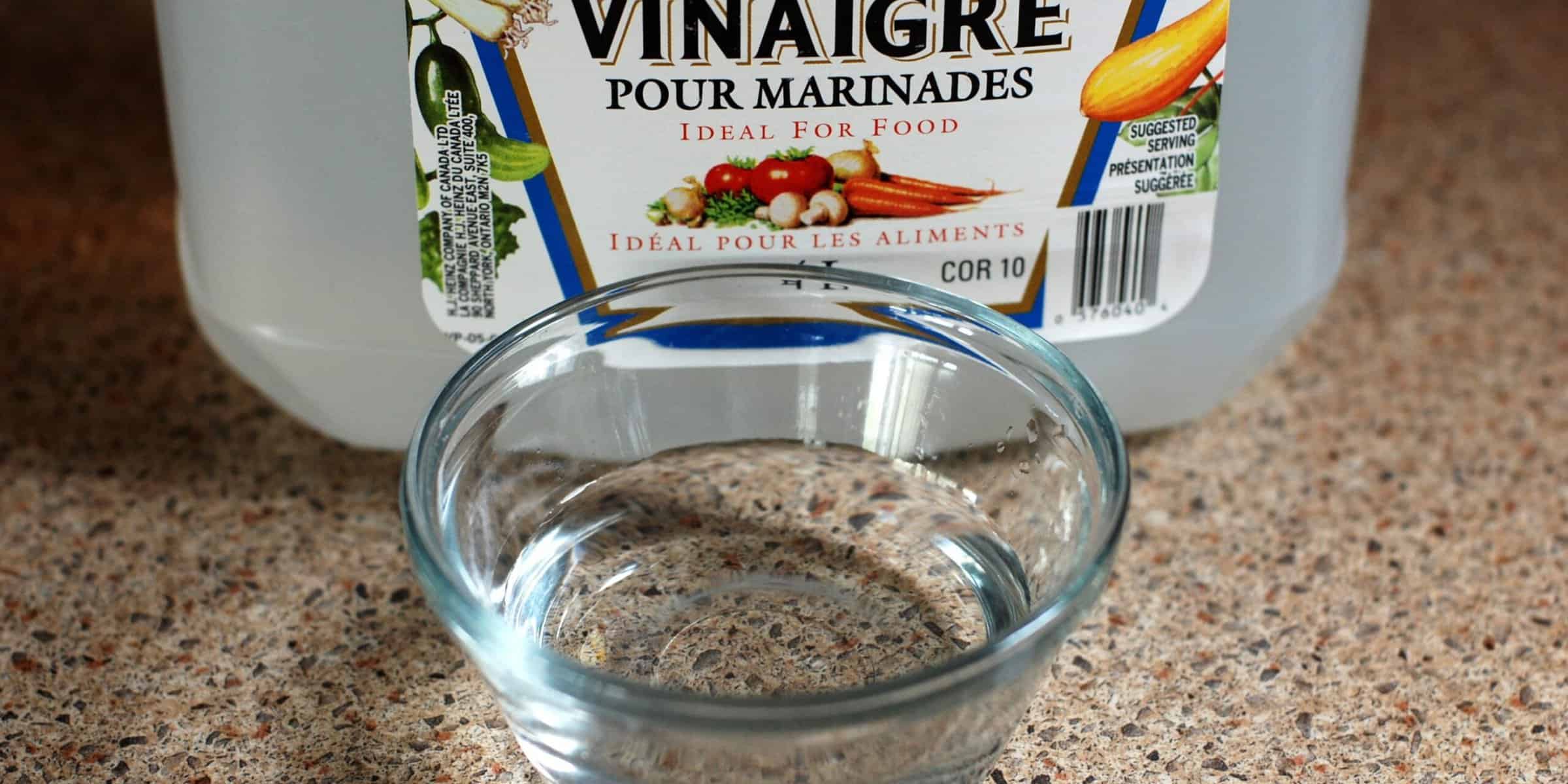
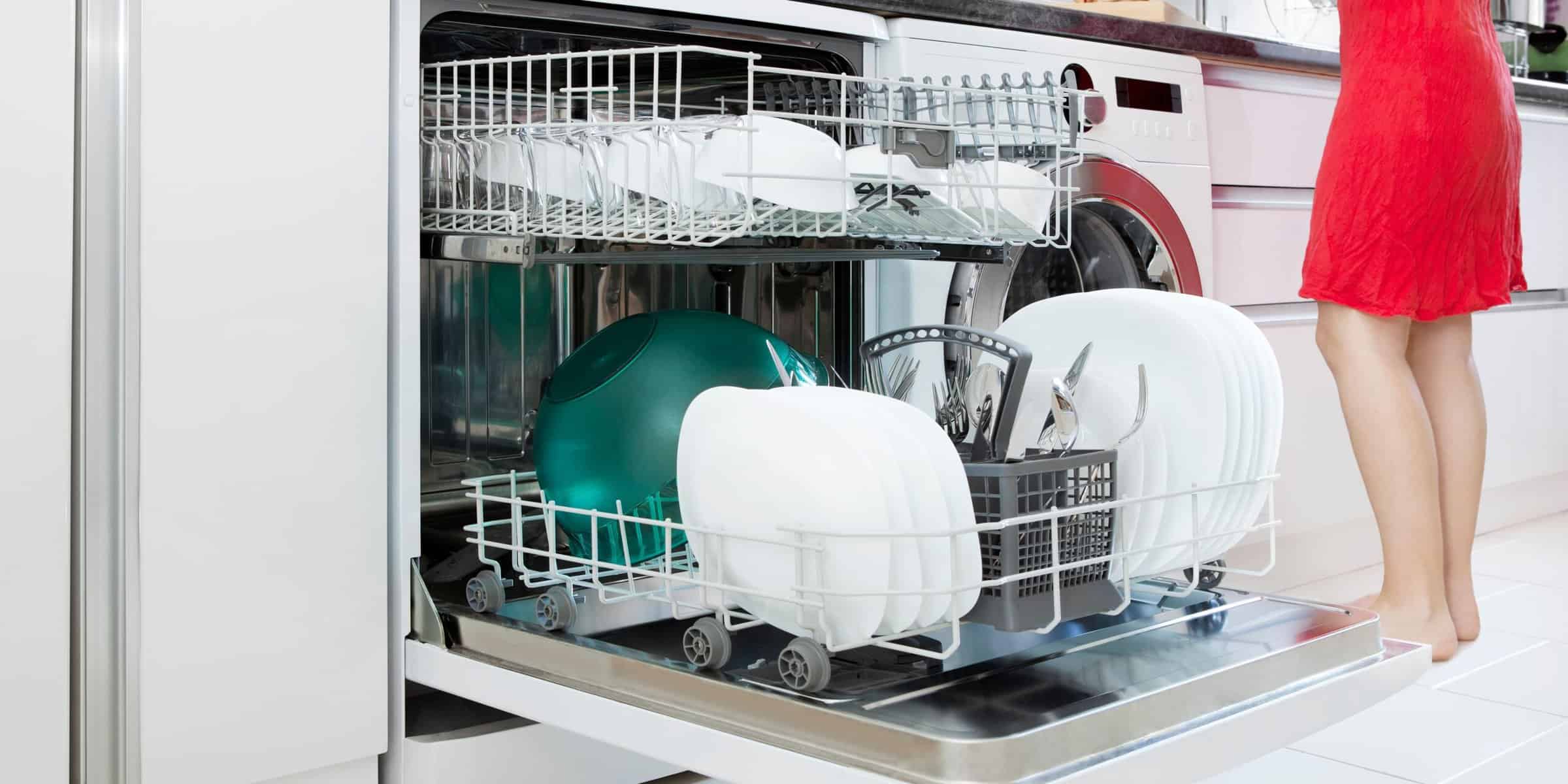
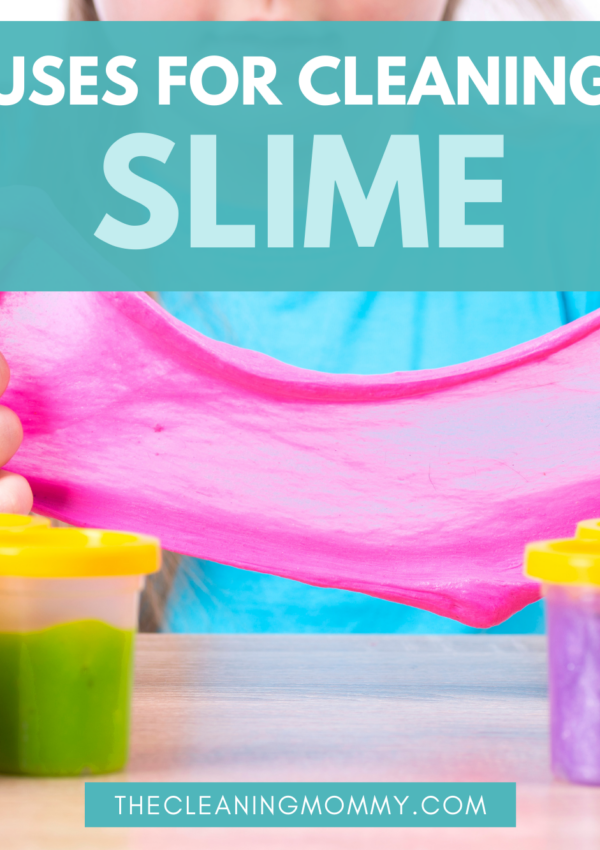
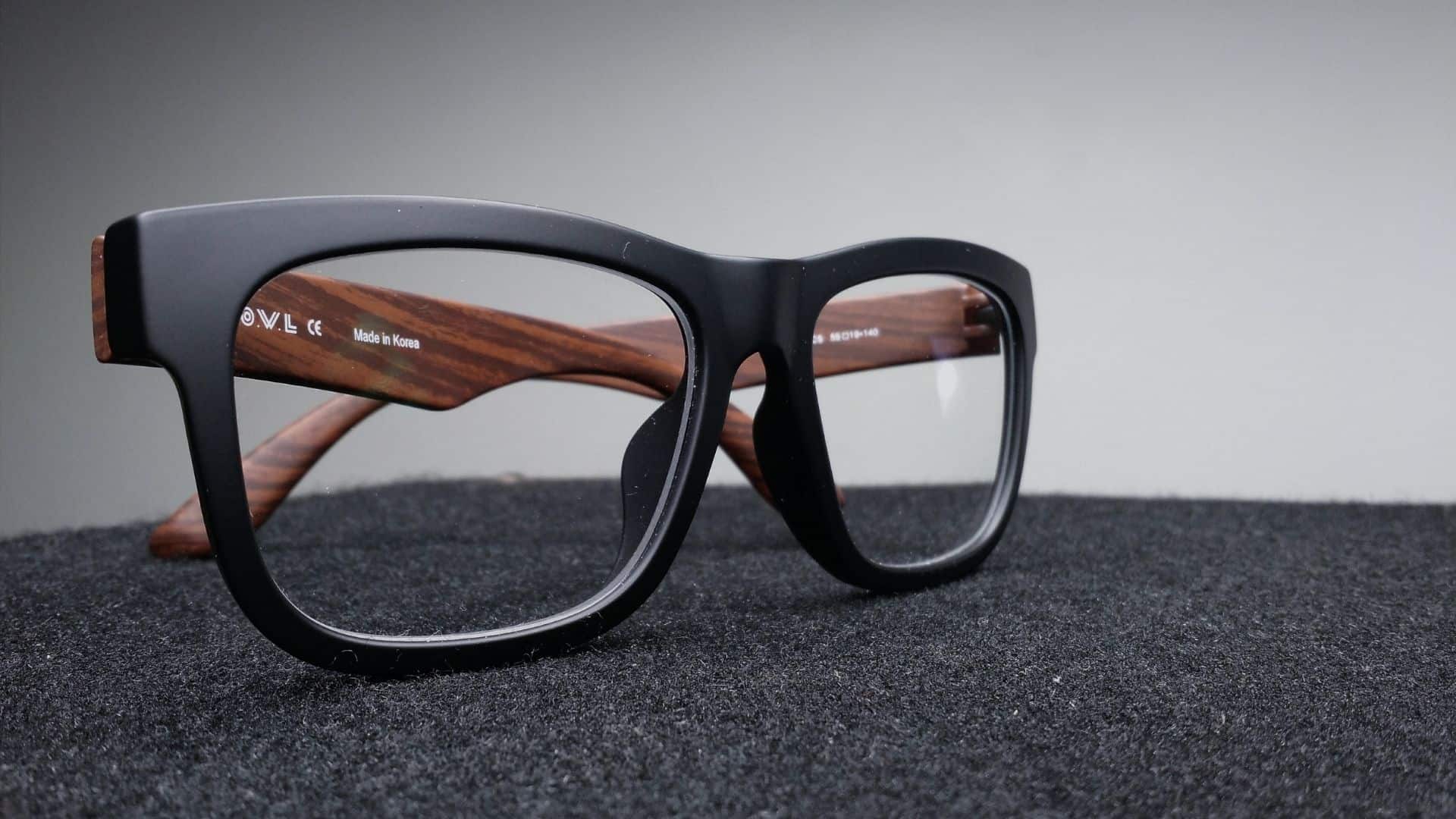
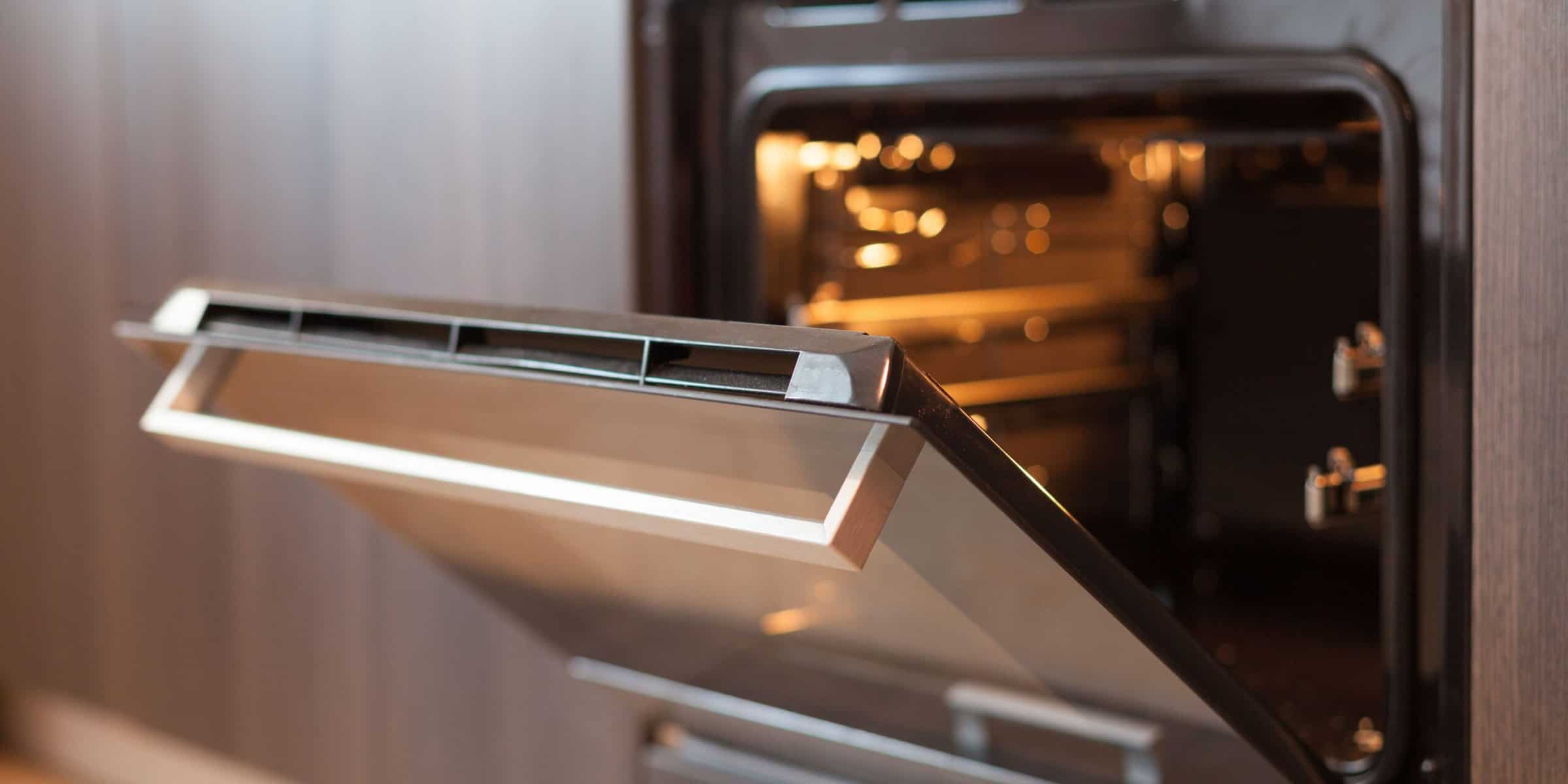
Leave a Reply